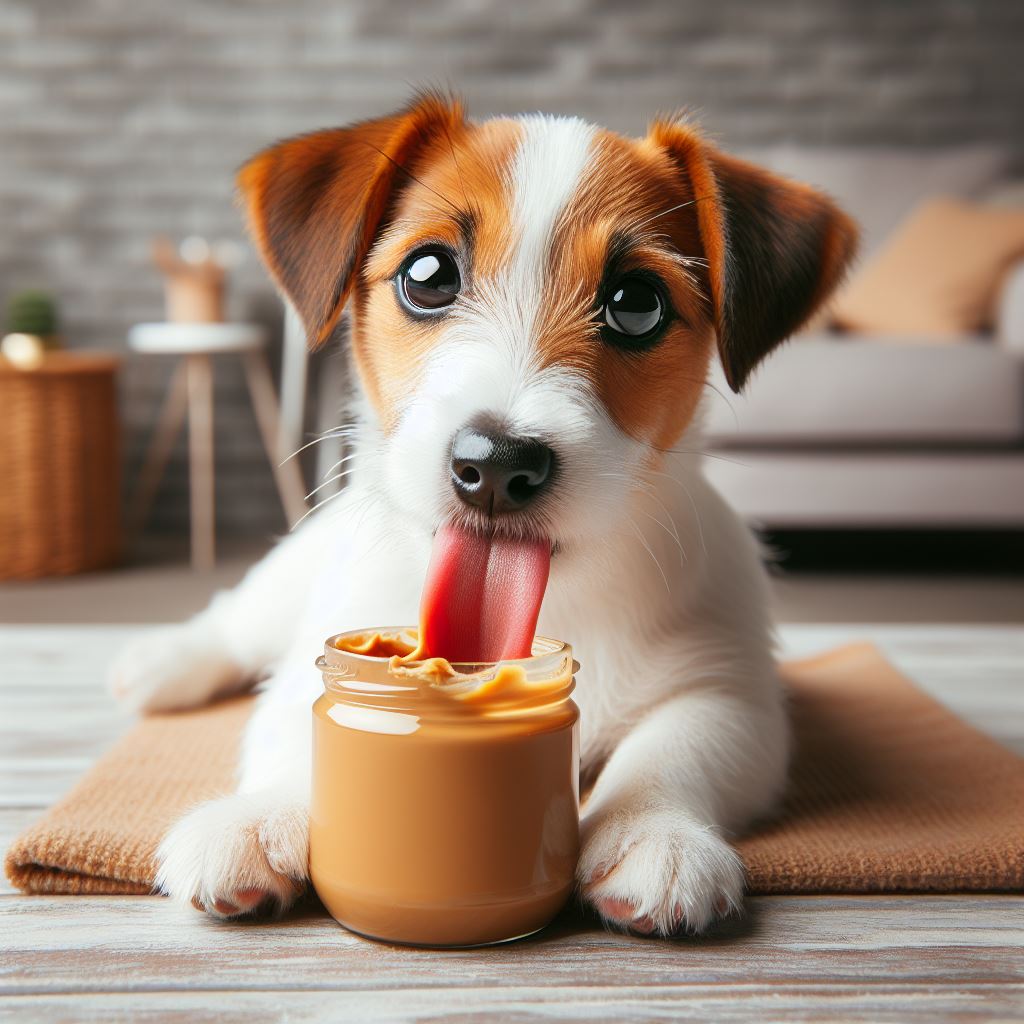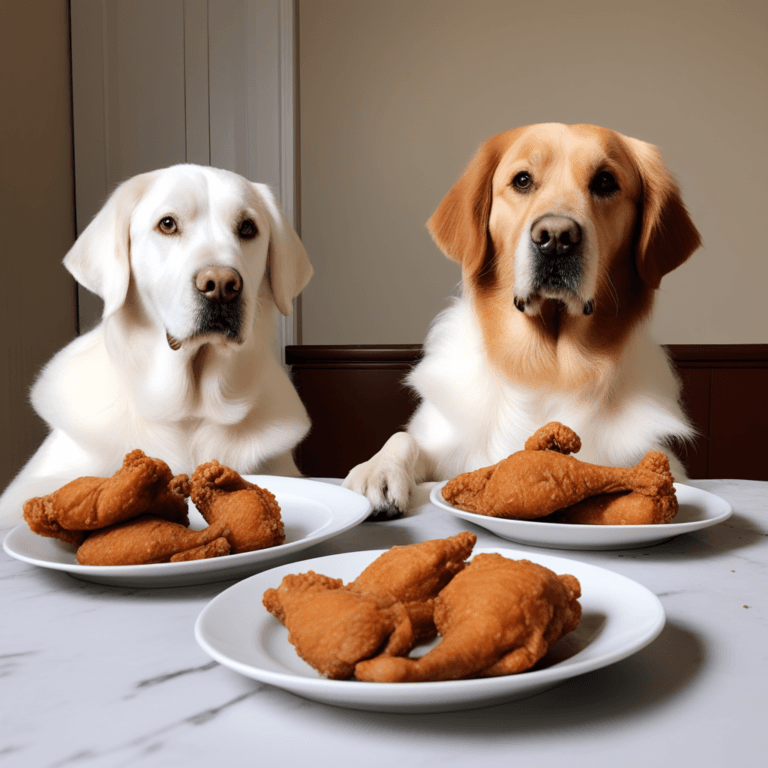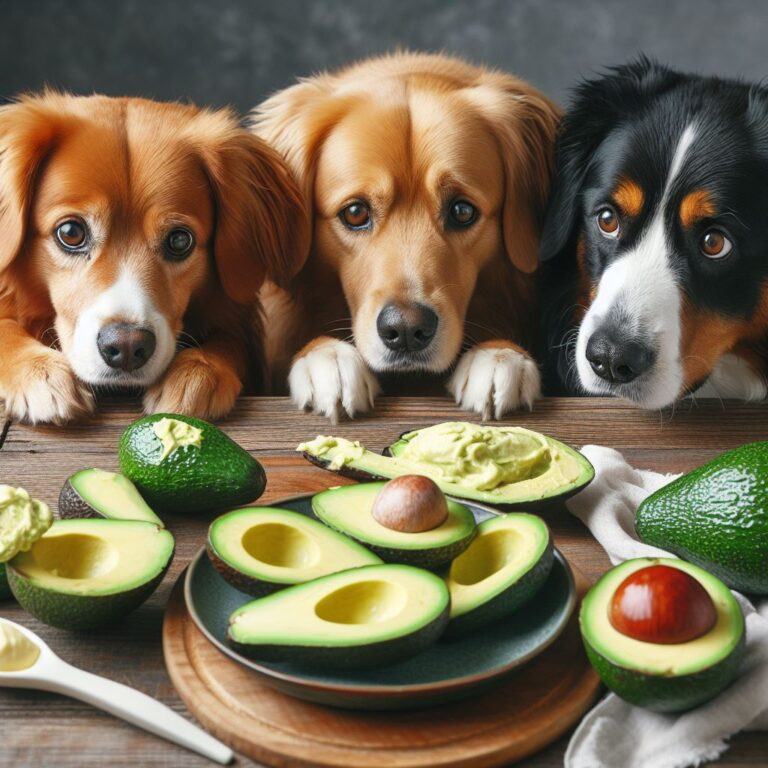Can Dogs Safely Eat Peanut Butter
The answer is yes, dogs can safely eat peanut butter, but as with any addition to your dog’s diet, it comes with considerations. Here, we’ll explore the safety, nutritional aspects, potential benefits, and precautions associated with letting your dog indulge in the delightfully creamy world of peanut butter.
The Safety and Nutritional Benefits of Peanut Butter for Dogs
Peanut butter, a beloved human treat, can indeed be a safe and enjoyable snack for dogs. It’s important, however, to be discerning about the type of peanut butter you choose.
Opt for varieties that are free from xylitol, a sugar substitute that can be highly toxic to dogs. Natural, unsalted peanut butter without added sugars or artificial sweeteners is the ideal choice.
Peanut butter also serves as a convenient vehicle for administering medication to dogs, making it a popular choice among pet owners. Its creamy texture and rich flavor make it a versatile and enticing treat that many dogs just love.
Beyond its delectable taste, peanut butter offers some nutritional benefits for dogs. It is a good source of healthy fats, protein, and essential nutrients.
The monounsaturated and polyunsaturated fats in peanut butter can contribute to a shiny coat and overall skin health. Protein is crucial for muscle development and repair, making peanut butter a wholesome addition to your dog’s treat repertoire.
Additionally, peanut butter contains vitamins and minerals, including vitamin E, magnesium, and potassium, which contribute to your dog’s overall well-being.
When offered in moderation, peanut butter can be a flavorful way to augment your dog’s diet with essential nutrients.
Moderation, Portion Control, Potential Risks and Concerns
While peanut butter can offer nutritional benefits, moderation is key. Peanut butter is calorie-dense, and excessive consumption can lead to weight gain and other health issues. Treats, including peanut butter, should make up no more than 10% of your dog’s daily caloric intake.
When using peanut butter as a treat or for medication administration, consider smaller portions. A small spoonful or spread on a puzzle toy can provide the enjoyment without excessive calorie intake.
As with any treat, it’s crucial to balance the indulgence with your dog’s overall diet and health needs.
While peanut butter is generally safe for dogs, it’s essential to be aware of potential risks and concerns.
Some dogs may be allergic to peanuts, so when introducing peanut butter for the first time, observe for any signs of allergies, such as itching, redness, or digestive upset. In this case, go for a different treat for your pup such as cooked chicken or beef.
Another consideration is the salt content in peanut butter. Opt for low-sodium varieties, as excessive salt intake can lead to health issues in dogs, including increased thirst and urination.
Best Practices for Serving Peanut Butter to Dogs
To ensure the safe and enjoyable consumption of peanut butter by your dog, consider the following best practices:
- Check Ingredients: Always check the ingredients for xylitol and other additives that may be harmful to dogs. Choose natural, unsalted peanut butter.
- Portion Control: Offer peanut butter in moderation, considering your dog’s size, weight, and overall dietary requirements.
- Use as a Treat or Medication Aid: Peanut butter can be a delightful treat or a useful aid for administering medication. Use it sparingly, and consider incorporating it into interactive toys for mental stimulation.
The Importance of Consulting Your Veterinarian
Before introducing peanut butter or any new treat into your dog’s diet, it’s advisable to consult with your veterinarian.
They can provide personalized advice based on your dog’s specific health profile, ensuring that the treat aligns with their dietary needs and any existing medical conditions.
Peanut butter can be a safe and tasty addition to your dog’s diet when approached with awareness and moderation. Its nutritional benefits, when offered in suitable portions, can contribute to your dog’s overall health and happiness.
By adhering to the best practices outlined here and consulting with your veterinarian, you can confidently include peanut butter in your dog’s treat repertoire.
Remember, responsible pet ownership involves being attuned to your dog’s individual needs, ensuring that treats enhance rather than compromise their well-being.
With the right approach, peanut butter can be a delightful and wholesome part of your dog’s culinary experience.







